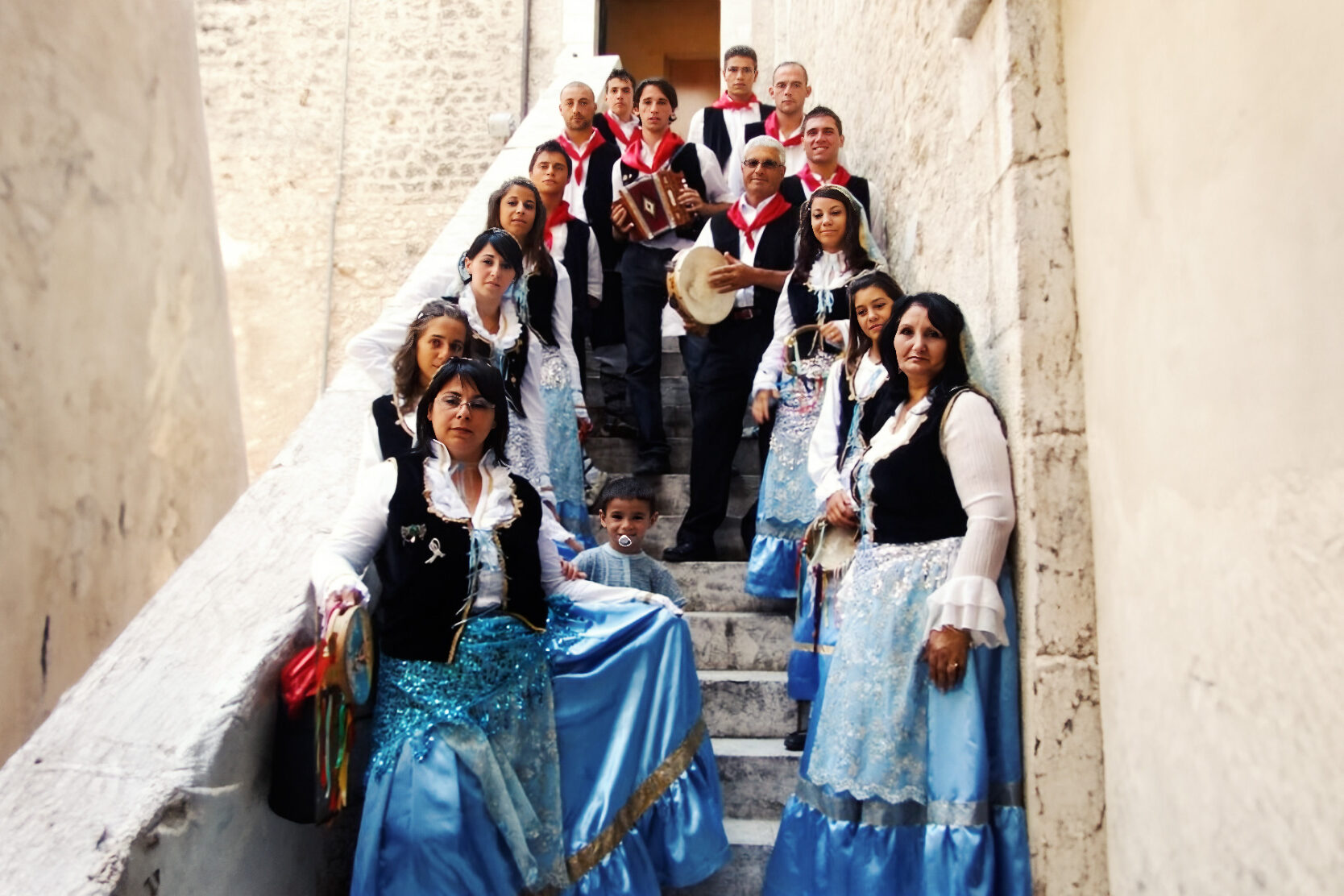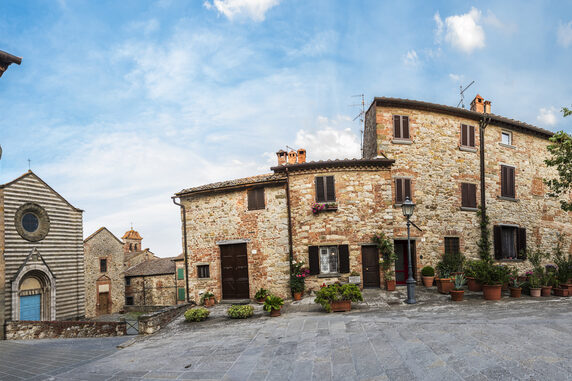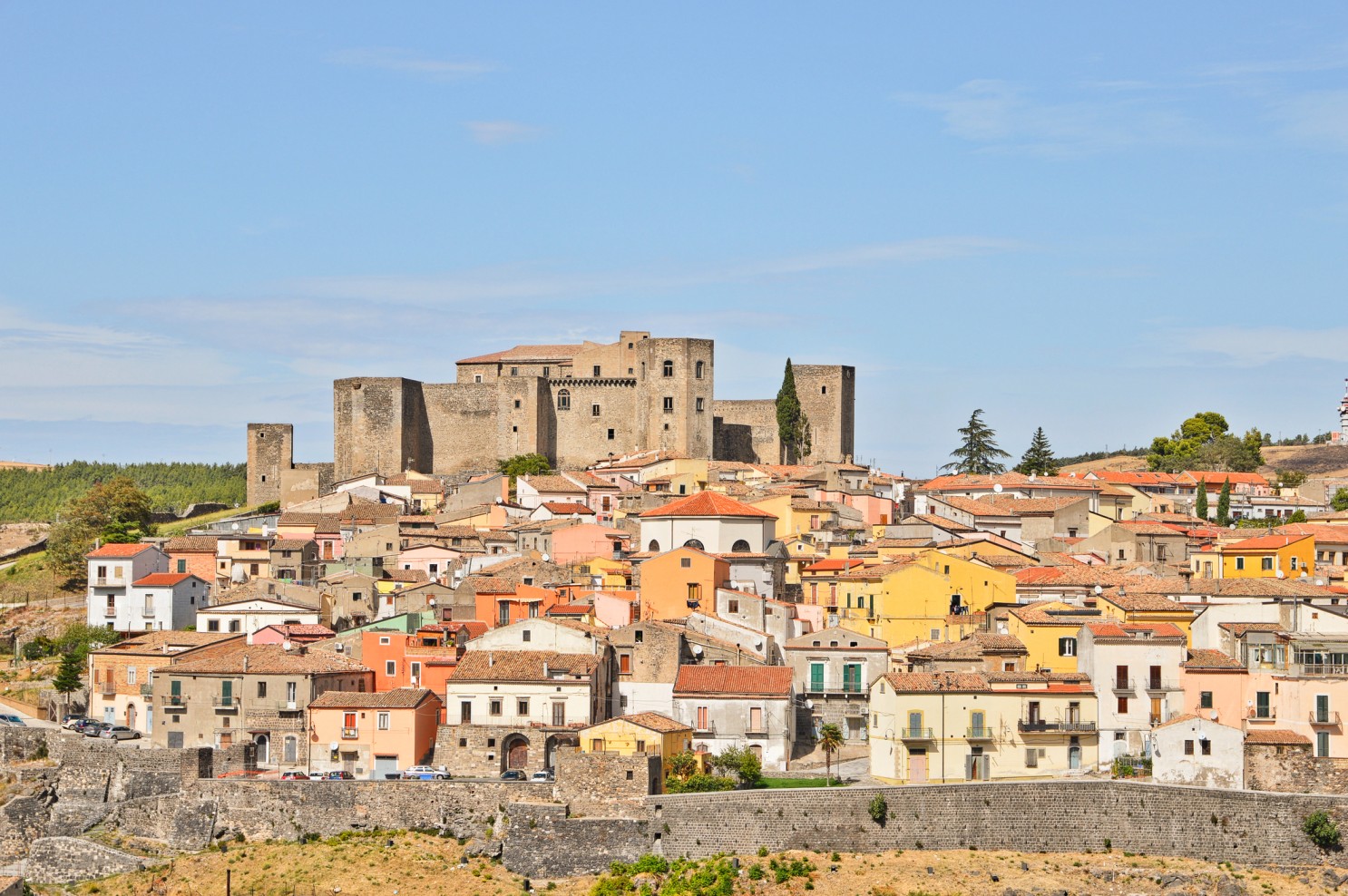Pompeii, one of the most outstanding archaeological landmarks in Italy, has called on the international attention in order to prevent more downfalls in the ancient Roman town buried in 79 A.D. by the eruption of Mount Vesuvius, the volcano overlooking the bay of Naples.
After the reprimand by the UNESCO due to the state of abandon of the site, a German team of expert scholars and researchers from the Fraunhofer Gesellschaft of Stuttgart and the Technische Universität of Munich presented a ten-year plan for the recovery of Pompeii worth 10 million Euros.
Pompeii has been a tourist destination for over 250 years. It is a Unesco World Heritage and is one of the most popular tourist attractions of Italy
Pompeii has been a tourist destination for over 250 years. It is a Unesco World Heritage and is one of the most popular tourist attractions of Italy
The “Pompeii Sustainable Preservation Project” has been developed in collaboration with the Soprintendenza Speciale per i Beni Archeologici of Naples and Pompeii and the International Center for the Study of the Preservation and Restoration of Cultural Property (Iccrom), part of the UNESCO, with the ambitious purpose of making Pompeii a world-leading research center on the preservation and restoration of ancient architecture.
The mission of the German team is likely to become a benchmark, just like Giuseppe Fiorelli’s excavations in the 19th century represented a new approach to archeological excavation all over the Mediterranean area. It is based on the idea of starting a long-term conservation project to protect the precious remains, as well as on the opportunity for new professionals in the field of archaeology to be trained directly on this world heritage site. Thanks to the cooperation of institutions, universities and sponsors’ financial support, the Pompeii Sustainable Preservation Project aims at promoting the research and increasing the interest of both prospective stakeholders and public opinion.
The School of Geography and the Environment at the University of Oxford, the Istituto Superiore per la Conservazione e il Restauro of the Italian Ministry of Cultural Heritage and Activities, the Department for Ancient History of the Ludwig-Maximilians-Universität Munich, the German Archaeological Institute in Rome, the University of Pisa and the Istituto per i Beni Archeologici e Monumentali of the National Research Council will work as partners to restore Pompeii’s crucial role in the international debate concerning the preservation and the opening of ancient monuments to the public.





























